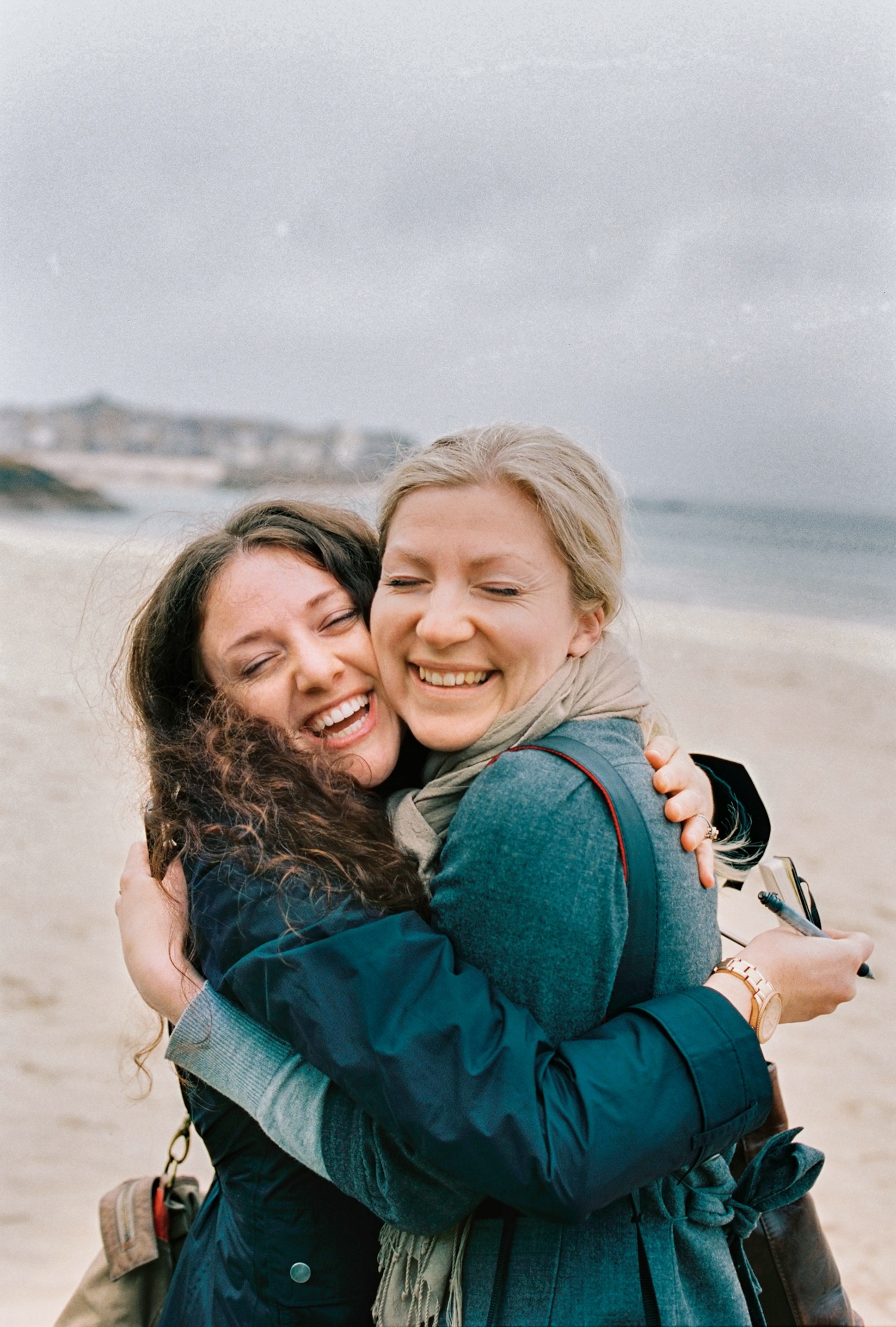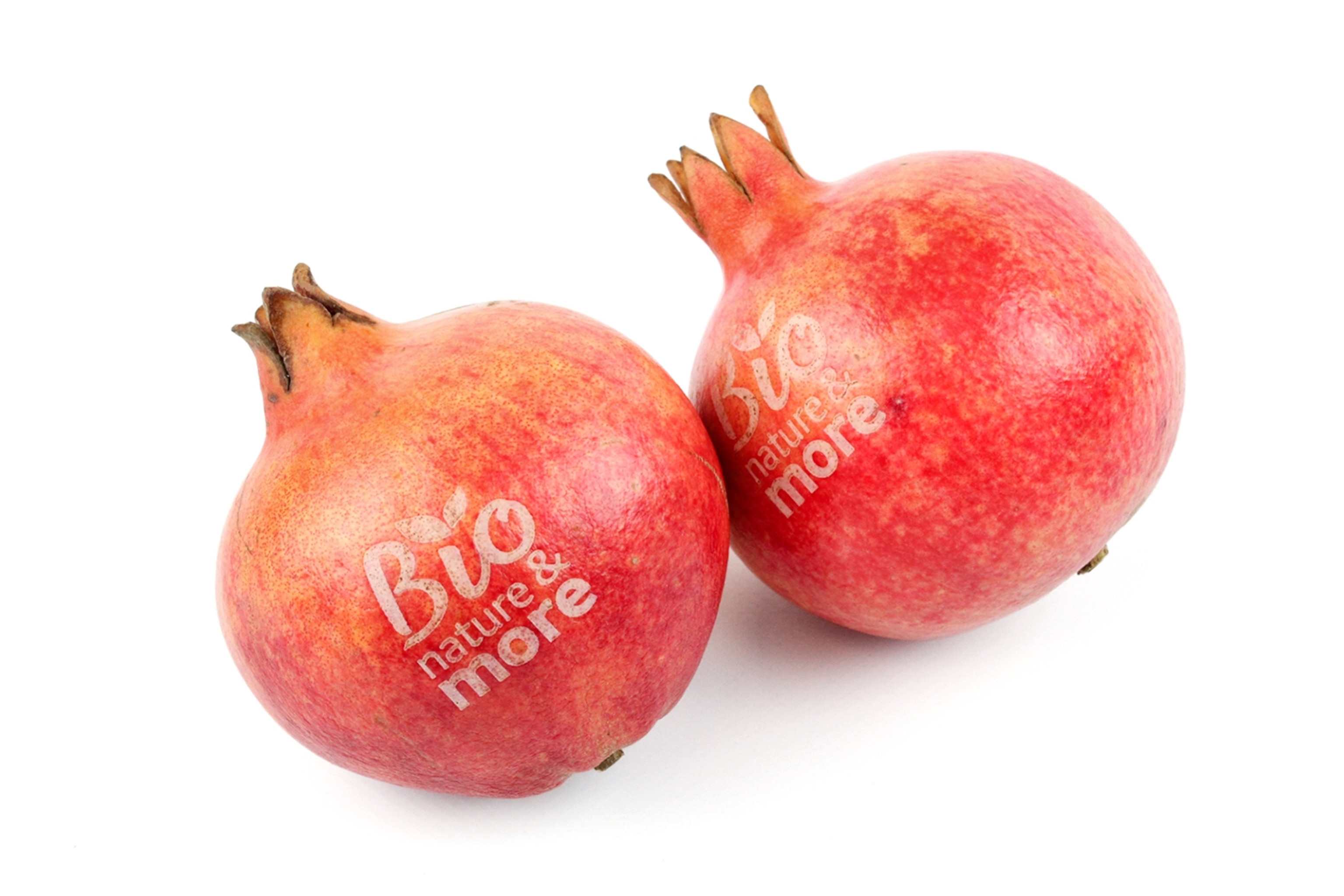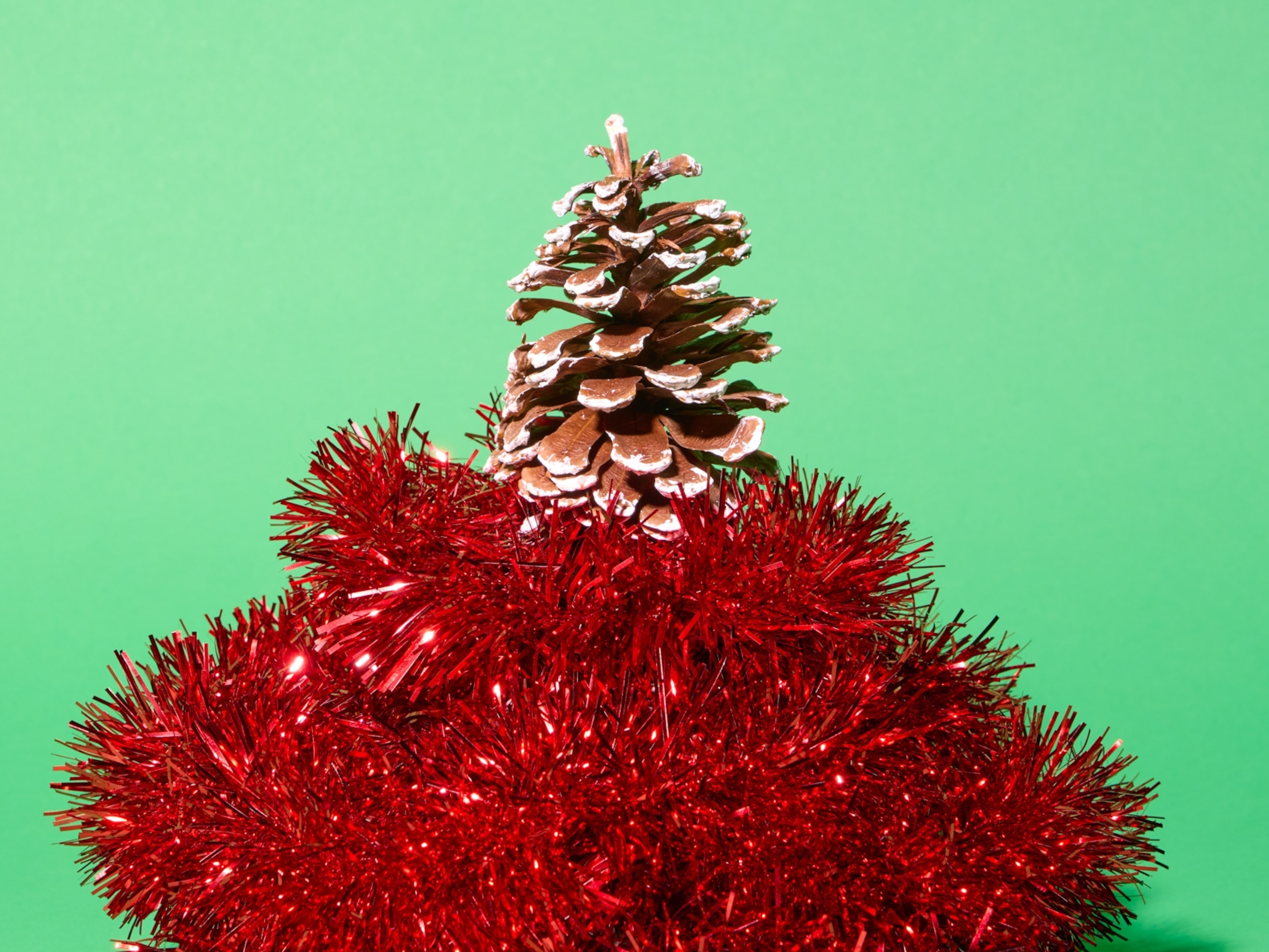
How newborn mice imagine their world before seeing it—and more science dispatches
Mouse retinas simulate vision prebirth, hugs really do help, and organic produce gets an eco-friendly label.
Mice and humans, just imagine all they’ll see
Have you ever had a dream so vivid that you nearly mistook it for real life? What if you actually did open your eyes to a world you’d envisioned with them closed? According to a Yale University study, you may have—at birth. Researchers imaged the brains of newborn mice and found that, in the few days before the animals’ eyes open, their still developing retinas simulate vision and dispatch informational waves. Previously random in direction, these waves start flowing from a mouse’s temple toward its nose—the same direction visual stimuli flow when a mouse is scurrying forward. As lab director Michael Crair explains, this dreamlike state “allows a mouse to anticipate what it will experience after opening its eyes,” preparing the animal to perceive and navigate its surroundings. Human babies also exhibit some visual ability at birth—discerning objects, detecting motion. This suggests, as Crair says, “we are born capable of many of these behaviors, at least in rudimentary form.”
Hugs really do make us feel better
Hugs, a casualty of the pandemic, have measurable effects, judging from two research studies. In Japan, researchers monitoring infants four to 12 months old found their hearts beat less rapidly during hugs from parents, but not from other people. And in London an experiment with blindfolded subjects found that longer hugs are considered more pleasant. Ranking hugs by strangers, subjects liked five- or 10-second embraces better than one-second squeezes.

Produce sans plastic labels
A Dutch produce distributor has devised an eco-friendly way of labeling fruits and veggies as organic: Harmless markings are lasered into foods’ skins with a method called natural branding. It reduces plastic packaging and food waste, since marked pieces can be sold individually.




